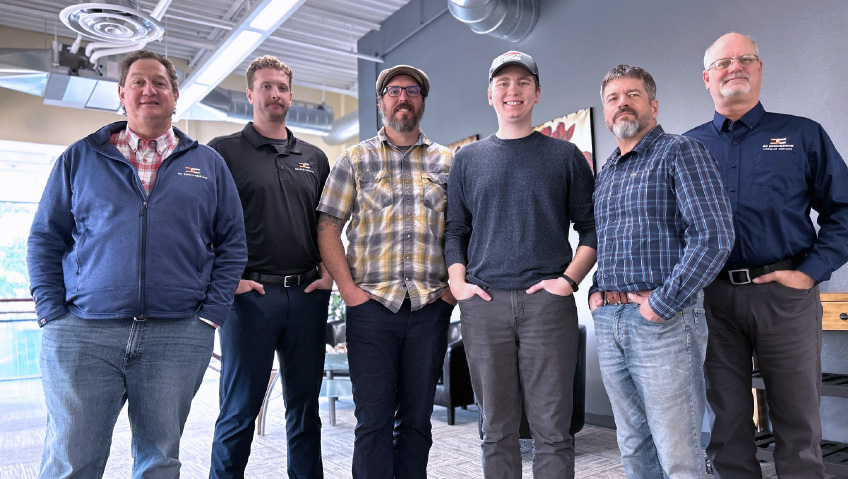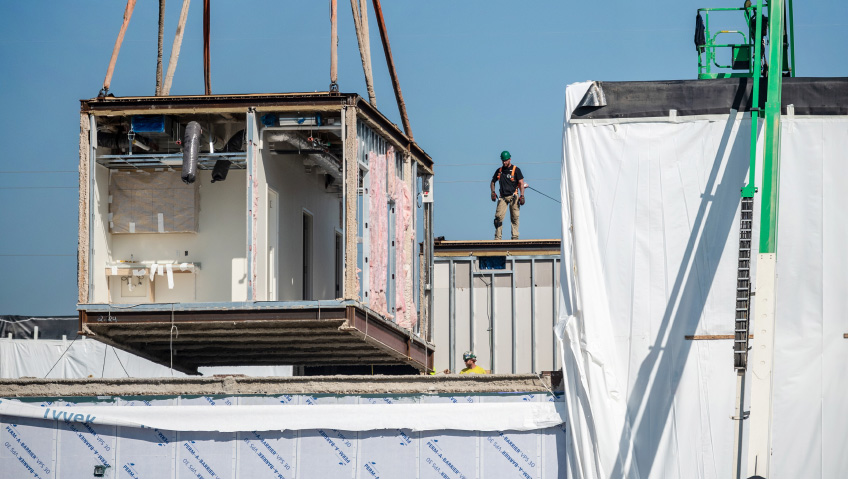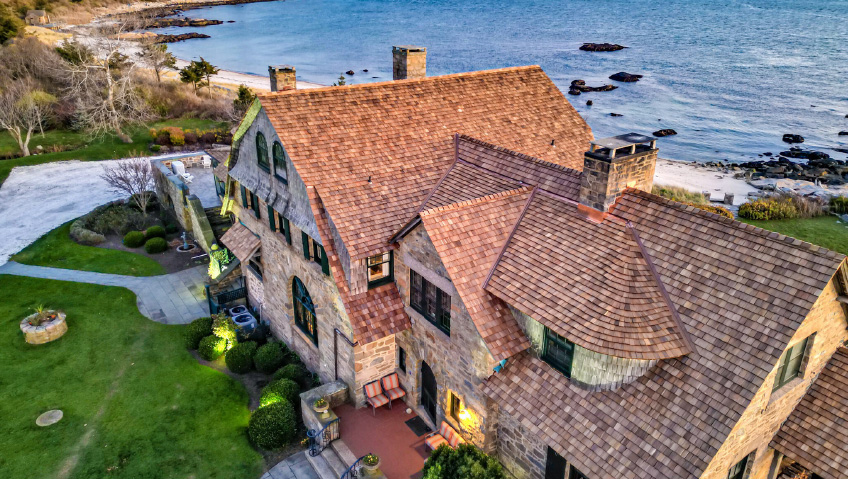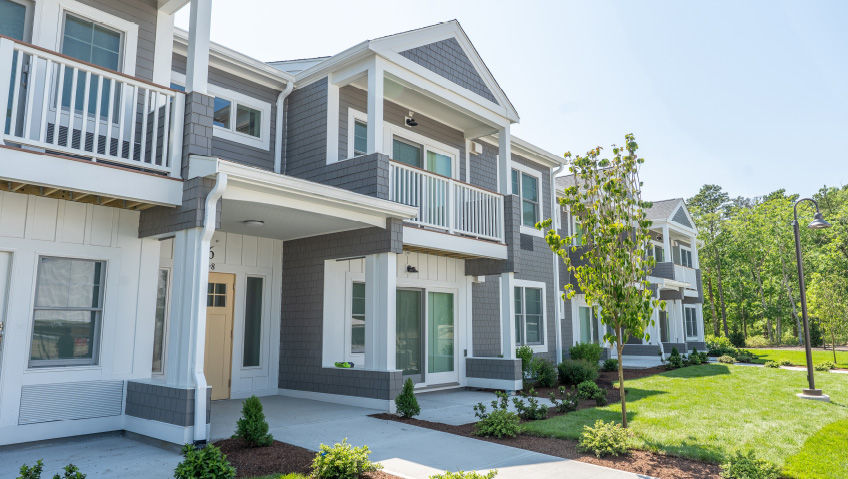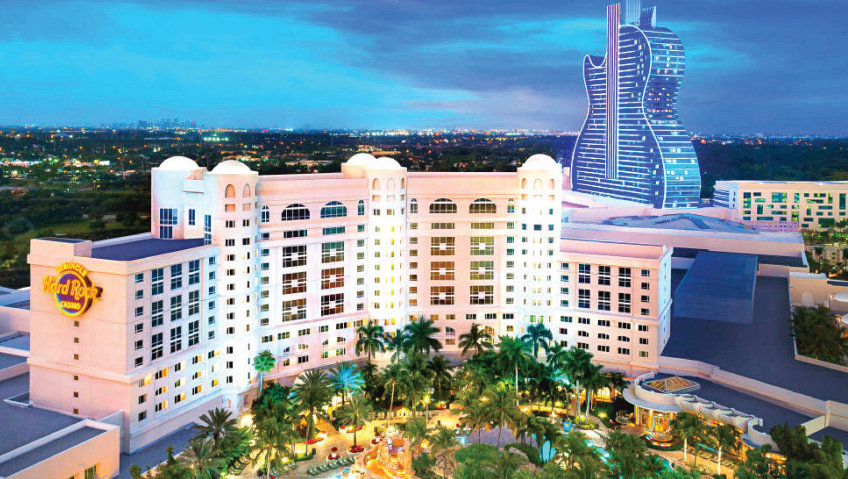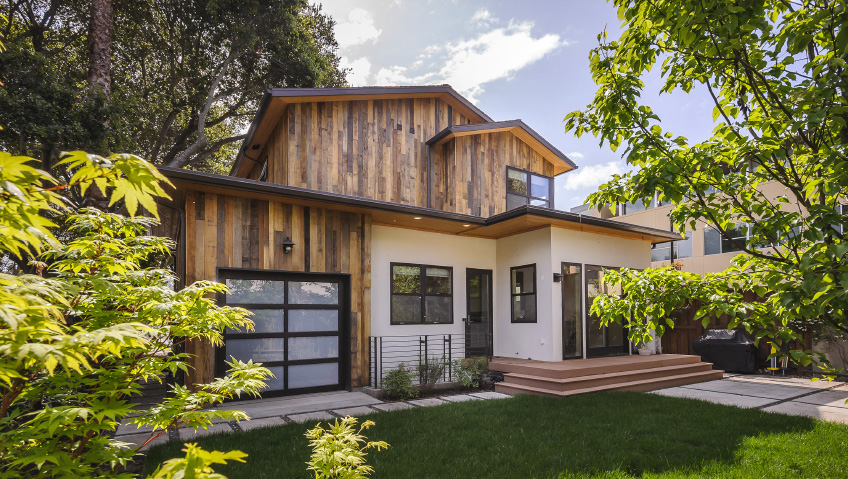In 1998, Dave Cutbirth established DC Engineering on the idea that when relationships are prioritized, people and projects will flourish. Solid relationships are built upon trust, which paves the way for clear communication and an understanding of the task at hand. Ultimately, these kinds of relationships contribute to successful projects and the client’s overall success.
That mindset has permeated the company culture for over 25 years now. “Our approach starts by asking questions first, and then listening carefully,” says Modular Team Program Manager Shane Jensen. “When people understand one another, it establishes a good foundation for working through issues and leads to more successful outcomes. That includes looking at the client’s goals as a whole, not just executing on the project at hand. That’s the heart behind our vision of ‘contributing to the success of our clients.’”
With such a strong emphasis on listening to the client and building strong relationships, it should come as no surprise that DC Engineering made the Idaho Private 100 in 2021 and 2022, a prestigious list that recognizes the state’s top private companies (the program was discontinued last year). In addition to achieving widespread recognition, the company has developed a loyal client base through its collaborative efforts. “If their project is successful, then they’re coming back to you for your experience again,” Jensen says of the firm’s longtime clients.
DC’s four key operating principles guide its approach to projects. The first, of course, is ‘establishing relationships,’ which is clearly foundational to the company’s success. Equally important is ‘fostering collaboration,’ which involves purposeful and ongoing open communication. Continuous learning is another critical principle—working to develop and apply engineering and technologies in new and creative ways. This drive for continuous learning is closely tied to the company’s last operating principle: fostering diverse areas of expertise. DC Engineering attracts many life-long learners with diverse areas of expertise that have led the company to work in areas beyond traditional design engineering.
DC Engineering serves clients in the industrial, retail, and commercial markets throughout the country. In addition to providing Electrical, Mechanical, Plumbing, and Structural Engineering services, DC also specializes in Refrigeration, Controls, Energy Services, Applied Technology and Commissioning services. The company’s headquarters is in Meridian, Idaho, with offices in Twin Falls and Coeur d’Alene, Idaho; Missoula, Montana; Mansfield, Texas; Madison, Wisconsin; and Bentonville, Arkansas.
DC Engineering also has three subsidiary companies providing products and services that support its clients in other areas: (1) DCE Solutions provides UL508A listed control panels, instrumentation, and other hardware solutions; (2) NearLo Technologies offers managed services, IT/OT solutions, and cloud-based services; and (3) Refrigerant Management Solutions provides consulting, compliance, training, and administration services surrounding commercial refrigerant use.
The company’s leap into modular services was driven by a desire to meet client needs. DC Engineering had a loyal client who the team had worked closely with for over 20 years who was making the move into modular projects. “They wanted DC to be able to take on that workload as well,” Jensen says. “So, I joined the company and started a program from the ground up.”
He came well prepared. Prior to joining DC Engineering, he had worked for nearly a decade in the modular space. “When I got introduced to the modular sector, I spent a good nine months to a year just learning the ins and outs, why it is different, how it is different, and how you have to think about how everything connects together in a common space,” he recalls. “And I’d been working in the field of consulting engineering for about 18 years prior to that in conventional construction.”
The company’s current modular projects include the Alpine project, located in a small Wyoming town just outside of Jackson Hole. This project will see the creation of practical and affordable workforce housing for people employed at the nearby resort. In California, the team is working on Adams Apartments, another affordable housing project.
Building the modular side of the business, Jensen says, requires the same strategy the company has always utilized. “When we’re getting to know these different clients and developers, more than anything, it’s about fostering and building those relationships, and doing our part to make that first project successful, so that the next projects can be even more successful—and then repeating that.”
Growing the modular business has also required an active effort to get the word out. “We just keep finding new people, new clients, and expanding that,” shares Jensen. Strong relationships from previous projects have proven invaluable here. “Those people give great referrals that help build our team.”
What projects lend themselves to modular design? “You need to have identical floor plans,” he says. “You have to be able to do throughput so that the modules all pretty much look the same and are designed the same. That’s where you really get the benefit, because those are going through a manufacturing floor, and they’re being produced identically every time.” If that approach makes sense for the project, “then it is a good fit for modular.”
Wisely, the team is also quick to point out when modular may not be the best solution. “If you want a very specialized layout and all your different sizes of units are going to be different, then modular is not the way to go. But most of the time, I tell [the client] if they want to get to market faster, modular is the way to go because that’s where you’re really saving time. And then depending on what market you’re in, you can save on the labor rate, which can bring some cost savings to get a project off the ground,” he says.
As modular continues to grow, the future looks promising indeed for DC Engineering and its strong relationships. Well versed in listening to the client and putting their needs first, the company has the foundation it needs to keep growing. And, with a presence across the country, the team is well positioned to continue bringing in business and attracting a wide range of exciting new projects to showcase its talents throughout The United States.

